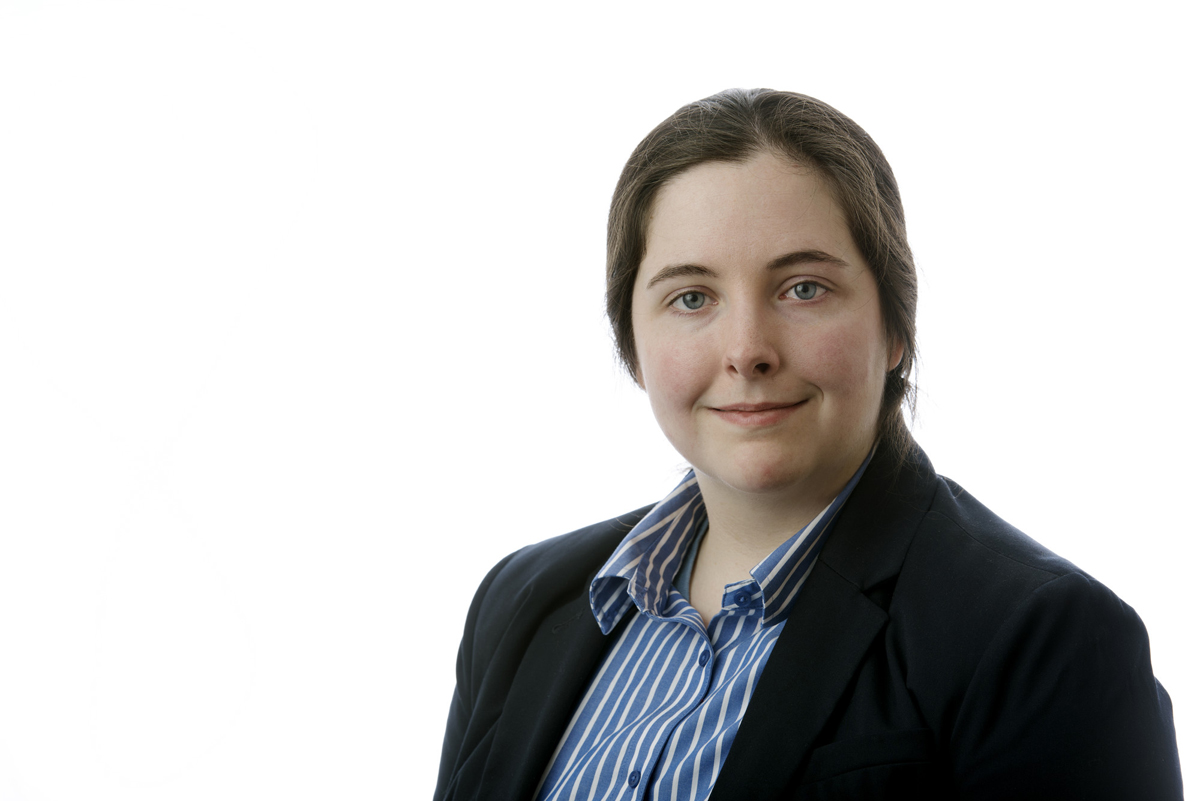National Science Foundation fellow chooses UALR
Staying near Little Rock to earn a doctorate is important to Hunter Wayland.
With her mother battling breast cancer and multiple sclerosis, Wayland chose the University of Arkansas at Little Rock, where she’s pursuing her degree.
“UALR is a good school,” she said. “They have a good chemistry program, and it’s close to home.”
Wayland, from Arkadelphia, was selected as a fellow in the highly competitive and prestigious National Science Foundation’s Graduate Research Program.
The program has funded close to 50,000 graduate research fellowships out of more than 500,000 applicants since 1952. NSF pays for Wayland’s tuition and fees and provides a stipend. Students can apply as undergraduates or as first- or second-year graduate students.
Wayland’s focus is on environmental chemical systems. She was inspired to pursue science because of her father.
“He encouraged me to be inquisitive and ask questions,” she said.
Wayland attended Henderson State University for her bachelor’s degree, where she majored in chemistry and minored in physics. She presented her undergraduate research at local, state, and national conferences, including the American Chemical Society Conferences.
While at UALR, she has been working with her mentor, Dr. Anindya Ghosh, an associate professor in applied science and chemistry, since October.
“I really like the lab and working for Dr. Ghosh,” said Wayland. “He is very flexible with me, and he understands the situation that I’m going through with my family, as well as what my goals are as a scientist in general, and he’s worked really hard to incorporate me into the lab.”
“Our lab feels a lot like a family. We look out for each other and everybody’s very understanding,” she said.
Under Ghosh, she’s working on creating catalysts to remove pollutants from wastewater before the water is used for other things, like agriculture.
“It’s known now that some crops that people consume can actually take up pharmaceuticals in untreated wastewater. Because of water shortages in the United States, especially in the West, people are starting to use wastewater to irrigate crops,” said Wayland.
A catalyst is a material that helps encourage a chemical reaction. It causes the reaction to occur faster than it would under normal conditions.
“For instance, you hear people say diamonds are forever,” said Wayland. “Well, diamonds actually break down, but the process is so slow, it would never happen in our lifetime. A catalyst is something that causes things that happen very slowly to happen faster, and that’s what my angle is for using a catalyst to breakdown the pollutants in wastewater.”
What drew Wayland to environmental chemistry was a project she worked on as an undergraduate. She analyzed the impact of the mercury industry in southwestern Arkansas by studying water soil. She also worked with the biology department to study river otters.
“I love nature,” said Wayland. “I love being outdoors. It’s really important to me to keep our environment clean or do the best that we can to engineer things preemptively–to be proactive rather than reactive when something goes wrong.”
After graduating in 2020, Wayland hopes to teach at the collegiate level. She wants to work in aquatic environmental chemistry and pollutant remediation.
